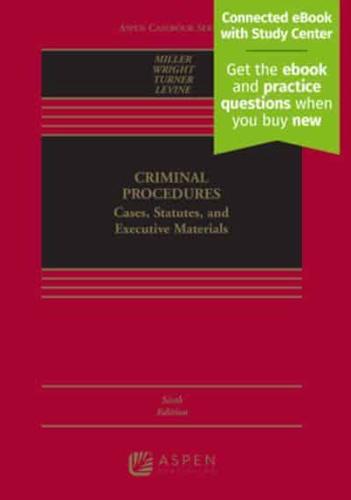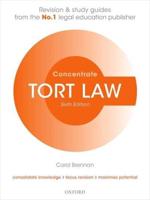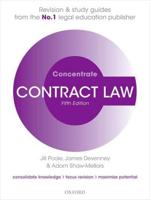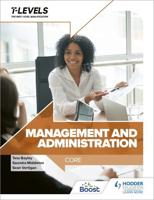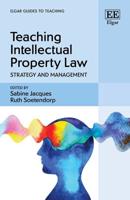Publisher's Synopsis
Buy a new version of this Connected Casebook and receive access to the online e-book, practice questions from your favorite study aids, and an outline tool on CasebookConnect, the all in one learning solution for law school students. CasebookConnect offers you what you need most to be successful in your law school classes-- portability, meaningful feedback, and greater efficiency. This looseleaf version of the Connected Casebook does not come with a binder.
In Criminal Procedures: Prosecution and Adjudication: Cases, Statutes, and Executive Materials, Sixth Edition, the highly respected author team presents a student-friendly, comprehensive survey of the laws and practices at work between the time a person is charged and the moment when the courts hear an appeal after the offender's conviction and sentence. In the Sixth Edition, the authors retain the vitality and contemporary approach of the book with an updated selection of cases, statutes, and office policies. Covering in detail the "bail-to-jail" portions of the criminal process, this casebook features:
- Extensive use of documents from multiple institutions including U.S. Supreme Court cases, state high court cases, state and federal statutes, rules of procedure, and prosecutorial policies
- A real world perspective that focuses on high-volume issues of current importance to defendants, lawyers, courts, legislators, and the public instead of intricate but rarely-encountered questions
- Interdisciplinary examination of the impact that different procedures have on the enforcers, lawyers, courts, communities, defendants, and victims
- Points of comparison between U.S. practices and the systems at work in other countries
- Frequent use of Problems to give the instructor options for applying concepts and doctrines in realistic practice settings.
New to the Sixth Edition:
- Two new authors join the editorial team: Jenia I. Turner of SMU Dedman School of Law and Kay L. Levine of Emory University School of Law:
- A revamped Chapter 2 surveys the major changes in the use of money bail and risk assessment algorithms, previewing the prospects for further system reforms.
- Chapter 3 covers newsworthy recent changes in the charging policies and diversion practices of prosecutors' offices, especially those in urban areas such as Philadelphia.
- Chapter 7 expands its coverage of the tensions between fair trials and public trials, including new materials on public access to court files and statistics.
- A refocused Chapter 9 provides a more detailed and vivid portrait of sentencing hearings and the use of risk assessment instruments.
Professors and students will benefit from:
- Materials that support class discussion, including criminal justice actors beyond the nine Justices of the U.S. Supreme Court: the vision is "street level federalism"
- Materials that give students a nuanced portrait of current practices in criminal justice rather than a rushed historical narrative about doctrinal trends
- A supporting website that offers exemplar documents, recent news with relevance for criminal procedure, and brief video lectures to introduce each major unit
- Intuitive organization--tracking the typical order of events in criminal court--that makes it easy to see connections among different areas of the law
CasebookConnect features:
ONLINE E-BOOK
Highlight, take notes in the margins, and search the full text to quickly find coverage of legal topics.
PRACTICE QUESTIONS
Practice questions from Examples & Explanations, Emanuel Law Outlines, Emanuel Law in a Flash flashcards, and other best-selling study aid series help you study for exams while tracking your strengths and weaknesses to help optimize your study time.
OUTLINE TOOL
The Outline Tool automatically populates your notes and highlights from the e-book into an editable format to accelerate your outline creation and increase study time later in the semester.


